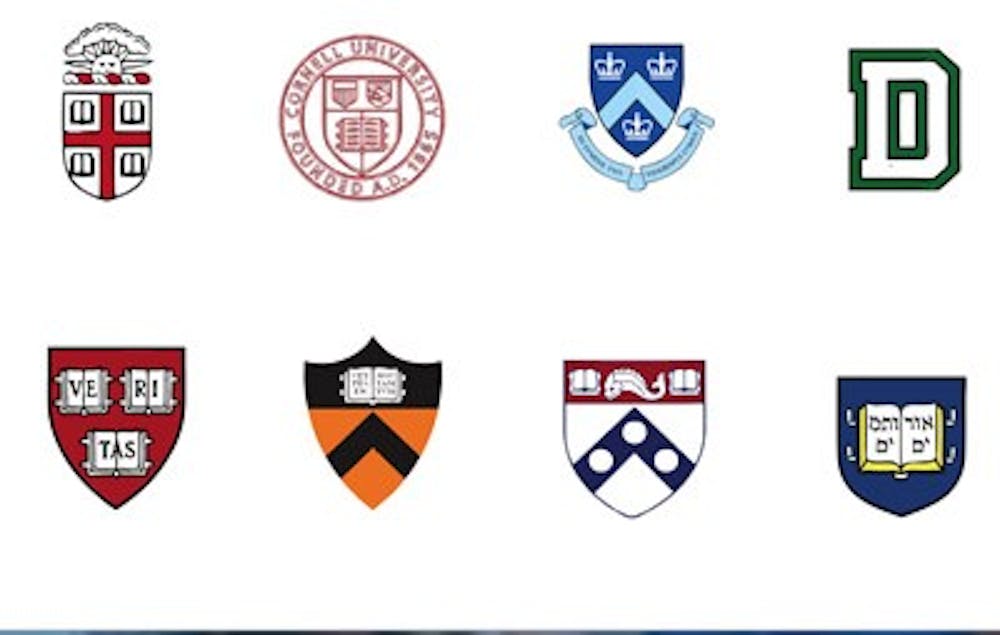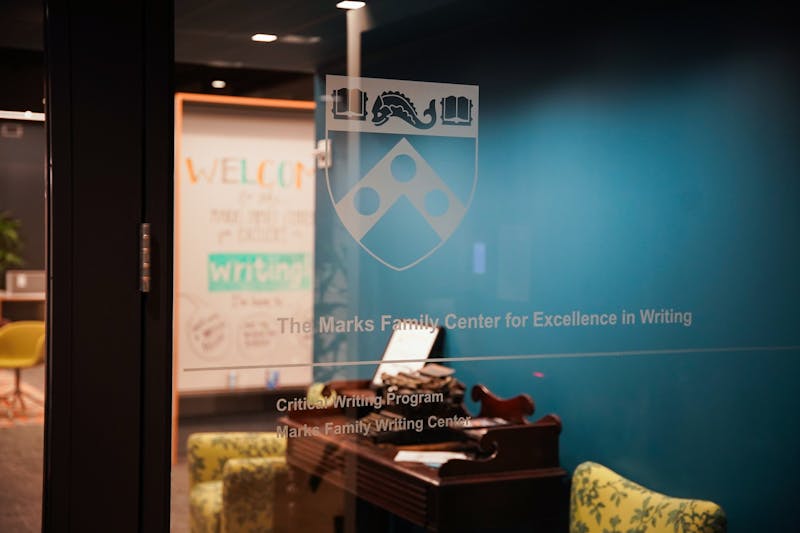
In April 2014, the White House released a report from its task force on sexual assault outlining measures schools should take to combat the issue on campuses nationwide. Since then, all Ivy League schools, including Penn, have updated their sexual assault policies.
Penn: As of last week, students will no longer serve on disciplinary committees dealing with sexual assault cases, following the example of several other Ivy institutions. While some schools continue to involve students in the disciplinary process, Penn is moving away from that model. Investigators who follow the principles specifically outlined in Title IX will oversee cases and head a new office specifically created to handle sexual misconduct cases.
Dartmouth: The Department of Education is currently investigating Dartmouth, and the school has received a push from the students to work harder to improve the sexual assault policy. Dartmouth will employ independent investigators for on-campus sexual assault cases and has deemed certain circumstances eligible for mandatory expulsion. In mid-July, Dartmouth hosted a summit on sexual assault to educate community members on sexual assault prevention and response.
Columbia: In September, a Columbia student made headlines for carrying around a mattress to raise awareness for her experience with sexual assault and the school's lack of response, despite apparent changes enacted by Columbia. Columbia’s Gender-Based Misconduct Office handles issues of sexual assault. A new committee handling cases will not have students serving on the panel. Specially trained investigators will look into every complaint, and panel members undergo specific training for the adjudication process as well as for sensitivity on these issues annually.
Harvard: Harvard trains staff to be able to properly investigate claims of sexual assault. They report to a Title IX officer, a position that was created in 2013. Per federal guidelines, Harvard has adopted the preponderance of evidence standard, meaning anyone accused of assault will be found guilty if more than 50 percent of evidence indicates their guilt.
Yale: In Sept. 2013, Yale issued a new policy stating that consent to one sexual act does not constitute consent to all acts, and that consent can be negated. Yale's University-Wide Committee still includes students. Individual schools within Yale can also handle disciplinary matters relating to sexual assault, but the school has also encouraged students to also file claims with police.
Princeton: As of Sept. 16, Princeton also abides by the preponderance of evidence standard, but students are no longer part of a committee that investigates and handles sexual assault complaints.
Brown: As of summer 2014, Brown is formally using new resources offered to universities through Title IX to educate its student body. This is in addition to its sexual assault investigator, who has the power to sanction guilty parties.
Cornell: In response to the White House task force, Cornell brought in Title IX investigators to take charge of the sexual assault response program. Cornell will provide increased training, and the new Title IX headed prevention and response program is designed to promote equality and inclusivity in the process handling student complaints.
The Daily Pennsylvanian is an independent, student-run newspaper. Please consider making a donation to support the coverage that shapes the University. Your generosity ensures a future of strong journalism at Penn.
DonatePlease note All comments are eligible for publication in The Daily Pennsylvanian.








